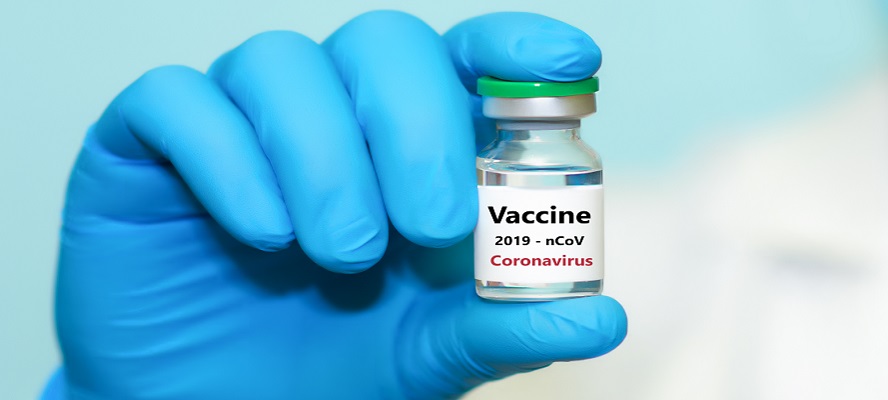India’s first indigenous mRNA vaccine candidate, HGCO19, developed by Gennova, Pune, has received approval from DCGI to initiate Phase I/II human clinical trial. It is supported with seed grant under the Ind-CEPI mission of Department of Biotechnology, under the Ministry of Science & Technology.
Gennova, in collaboration with HDT Biotech Corporation, Seattle, US, has worked together to develop an mRNA vaccine candidate. HGCO19 has already demonstrated safety, immunogenicity, neutralisation antibody activity in animals. The neutralising antibody response of the vaccine in mice and non-human primates was comparable with the sera from the convalescent patients of COVID-19. Gennova’s vaccine candidate uses the most prominent mutant of spike protein (D614G) and also uses the self-amplifying mRNA platform, which gives the advantage of a low dosing regimen compared with the non-replicating mRNA or traditional vaccines. HGCO19 uses the adsorption chemistry so that the mRNA is attached on the surface of the nano-lipid carrier to enhance the release kinetics of the mRNA within the cells compared to the encapsulation chemistry.
HGCO19 is stable at 2-8°C for two months. Gennova has completed all preliminary work and should be initiating the Phase I/II Human clinical trial soon since the approval from the DCGI office has been received.
The Department of Biotechnology, Ministry of Science & Technology, Government of India is implementing the Ind-CEPI mission ‘India Centric Epidemic Preparedness through Rapid Vaccine Development: Supporting Indian Vaccine Development’ which is aligned with the Global Initiative of CEPI and aims to strengthen the development of vaccines and associated competencies/technologies for the diseases of epidemic potential in India. The Ind-CEPI mission of DBT is implemented by its PSU, Biotechnology Industry Research Assistance Council (BIRAC).
“Establishment of such an indigenous technology platform will not only empower India to handle the COVID-19 pandemic but also ensure the preparedness for future outbreaks,” said Dr Renu Swarup, Secretary, Department of Biotechnology and Chairperson, BIRAC.
(Source: PIB)

